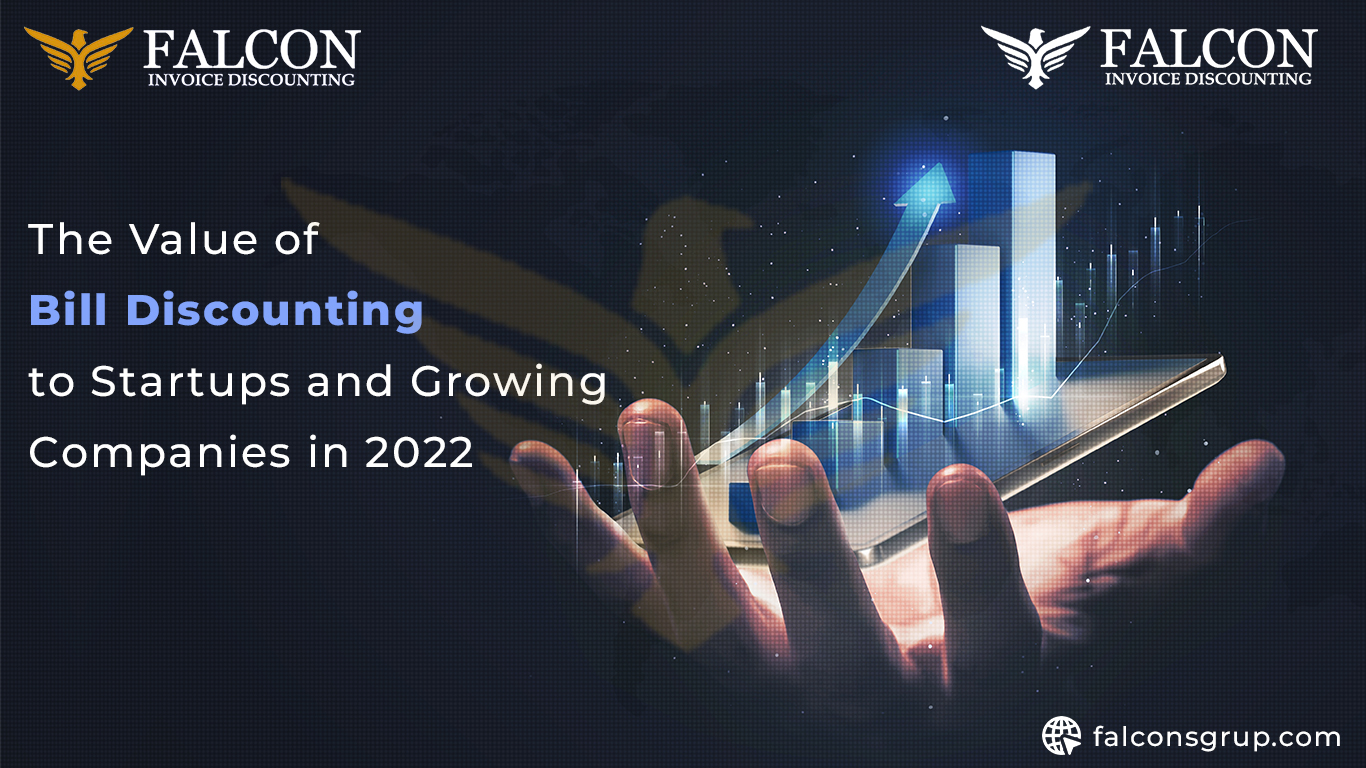
Know More About Invoice Discounting Investment returns in 2022
Invoice discounting is defined as.
The term "invoice discounting" refers to a method of financing used by suppliers to encourage early payment of outstanding invoices from customers.
For instance, a firm might not pay the full price for raw materials while placing an order with its supplier. The production facility would then issue an invoice to the materials provider, promising to pay in full for the required inputs.
Payment to the provider would be made on or around the agreed upon due date (often between 30 and 90 days).
The supplier has agreed to provide the producer with the necessary raw materials. As an alternative, suppliers can use invoice discounting to negotiate early payment from customers at a discount if they need access to funds quickly.
The firm can then either use its own cash on hand or seek financing from other sources, such as banks, to pay the supplier.
In this way, invoice discounting allows the vendor to collect a sizeable portion of the invoiced amount as soon as the invoices are produced and authorized by the customer. This is a huge help for a supplier's control of their cash flow.
Is there a way for businesses to profit from discounting invoices?
Businesses are always on the hunt for places to put their excess cash, and this has led to a rise in the popularity of non-conventional investment strategies. Every company investment should provide lucrative returns while keeping the capital secure.
Invoice discounting is a terrific way for companies to put their extra cash to work and make a lot of money without taking too much risk in the market or economy. Several of the following are examples of why firms could benefit from invoice discounting:
Short-term investments: companies may put their money to work within a year and get a healthy return.
Due to the low level of uncertainty associated with invoice discounting, it is a great choice for companies looking to diversify their investment portfolio.
Financial instruments such as fixed-income certificates of deposit, revolving credit facilities, and debt and liquid mutual funds all provide lower yields than invoice discounting.
The use of modern technologies has allowed companies to take advantage of simplified investing platforms. When it comes to investing, several of these services provide comprehensive, one-click solutions backed by expert management and an integrated digital environment.
Invoice discounting is a terrific way for a company to diversify its investment portfolio. A company's investment portfolio would benefit from having a combination of fixed-income securities (FDs), debt instruments, and invoice discounting.
Suggestions for maximizing profits through invoice discounting
Selecting an Appropriate Invoice Discounting System - Invoice discounting systems that provide the complete range of invoice discounting services are made possible by a small number of enabling technologies.
Financial documents, shareholder information, IRR projections, credit reports, etc., may all be available on such sites, giving firms a leg up in their due diligence processes.
There may be costs on both the vendor and the investor sides of an invoice discounting platform, so keep that in mind. Legal document fees, transaction processing fees, and other operational costs are all included in these estimates.
It is important for firms to be aware of these costs before making any investments, hence it is recommended that they be included in the agreements.
The size of the investment is important, as this investment strategy works best for large sums of money and for companies with the financial wherewithal to make a single large investment rather than several smaller ones.


















